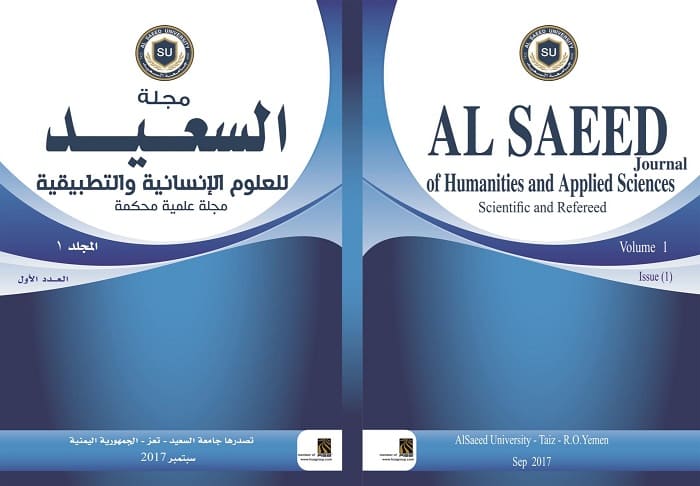The Role of the Ottomans and Omanis in Resisting Portuguese Colonialism and Spreading Islamic Civilization in East Africa: The Sixteenth and Seventeenth Centuries as a Model
DOI:
https://doi.org/10.59325/sjhas.v1i1.26Keywords:
Ottomans and Omanis - Islamic Civilization - Sixteenth and Seventeenth CenturiesAbstract
This research deals with the Islamic Civilization in East Africa – in particular – and the East of Islamic World – in general – and the dangers faced in this area during the late 15th century and the outset of the 16th century. These dangers were the result of the Portuguese Colonization to achieve economical, religious, and political gains supported by the fathers of the Church. Many Islamic political groups started to fight against these dangers and to protect Islamic Civilization in East Africa. The Othmanis (16 th C) and the Omanis (Ya'areba 17thC) are the most influential groups to stand against the invasion of East Africa. The present paper poses several questions such as : When was the first step of Islam in East Africa?What were the famous Islamic States there? How / When did the Portuguese come there? What were the main dangers that Islamic Civilization faced there? What was the role of Othmanis and Omanis to protect East Africa? The present research answers these questions via the outcomes of documents , sources ,and modern references.This research is divided into three chapters .
Chapter one deals with the start of Islam in East Africa . It deals with the most famous Islamic States there stretched from Mogadishu in the north , including Blamu , Malandi , Mombasa , Zungubar , Mafia , Clua and ending with Sufala in the south. Chapter two deals with the Portuguese Campaigns and its dangers on the Islamic Civilization in East Africa. This chapter focuses on the political gains of this colony and the periods of its raiding in East Africa. Chapter Three deals with the role of Othmanis and Omanis to resist colony and to spread Islam in East Africa through
1- to fight the Portuguese and defeat them .
2- to stop the spread of Christianity and its allies.
3-to spread Islamic Civilization and to protect it scientifically, intellectually, linguistically and to preserve the norms of Architecture and society.
Downloads
Published
How to Cite
Issue
Section
License
copyright is retained by the authors. Articles are licensed under an open access Creative Commons CC BY 4.0 license, meaning that anyone may download and read the paper for free. In addition, the article may be reused and quoted provided that the original published version is cited. These conditions allow for maximum use and exposure of the work.



